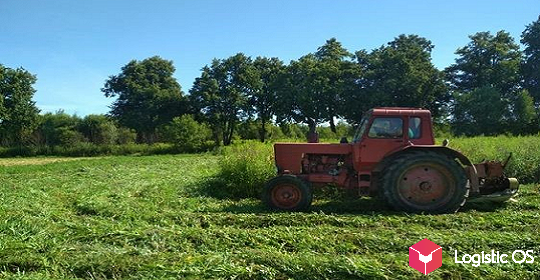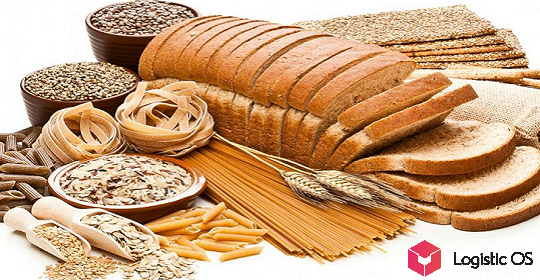Russia and India plan to expand cooperation in almost all areas. Including in the field of supply of agricultural products and fertilizers.
As a result of the visit of Indian Prime Minister Narendra Modi to Moscow and his meeting with Russian President Vladimir Putin, a number of important agreements were reached.
In particular, the leaders agreed to strive to reach $100 billion in bilateral trade by 2030.
Currently, this figure is around 66 billion.
However, it shows a very rapid growth trend. In just a year, it grew by 33%, and if compared with 2019, then by 5.5 times; before the pandemic, the volume of bilateral trade between India and Russia did not exceed $10 billion.
At the same time, on the way to achieving your ambitious goals, you will have to overcome many obstacles.
One of the most important tasks is to create a convenient bilateral settlement system using national currencies, as well as to introduce digital financial instruments into trade settlements.
To do this will require a lot of effort, but the result will clearly be worth it, since payments in national currencies will allow you to not depend on the currencies of other countries and make payments at a fast pace.
There are also plans to eliminate all existing non-tariff trade barriers and balance trade imbalances.
The most significant imbalance is that India is currently buying goods from Russia for a much larger amount than it sells to it. At the moment, India’s exports to Russia amount to no more than $4 billion.
If we manage to establish a balance in this regard, then reaching higher levels in terms of trade turnover will become much easier.
In addition, there are plans to create a free trade zone between the EAEU and India. Finally, optimization of customs procedures and the use of modern intelligent digital systems that can track the movement of goods could help increase the pace of trade.
During Modi’s visit to Moscow, trade in energy resources, agricultural products and fertilizers was especially actively discussed.
It is planned that a significant part of this trade will be carried out along routes such as the International North-South Transport Corridor, the Northern Sea Route and the Chennai-Vladivostok sea line.
Among other things, businessmen from both countries confirmed their readiness to enter each other’s markets through the creation of subsidiaries and industrial clusters.

